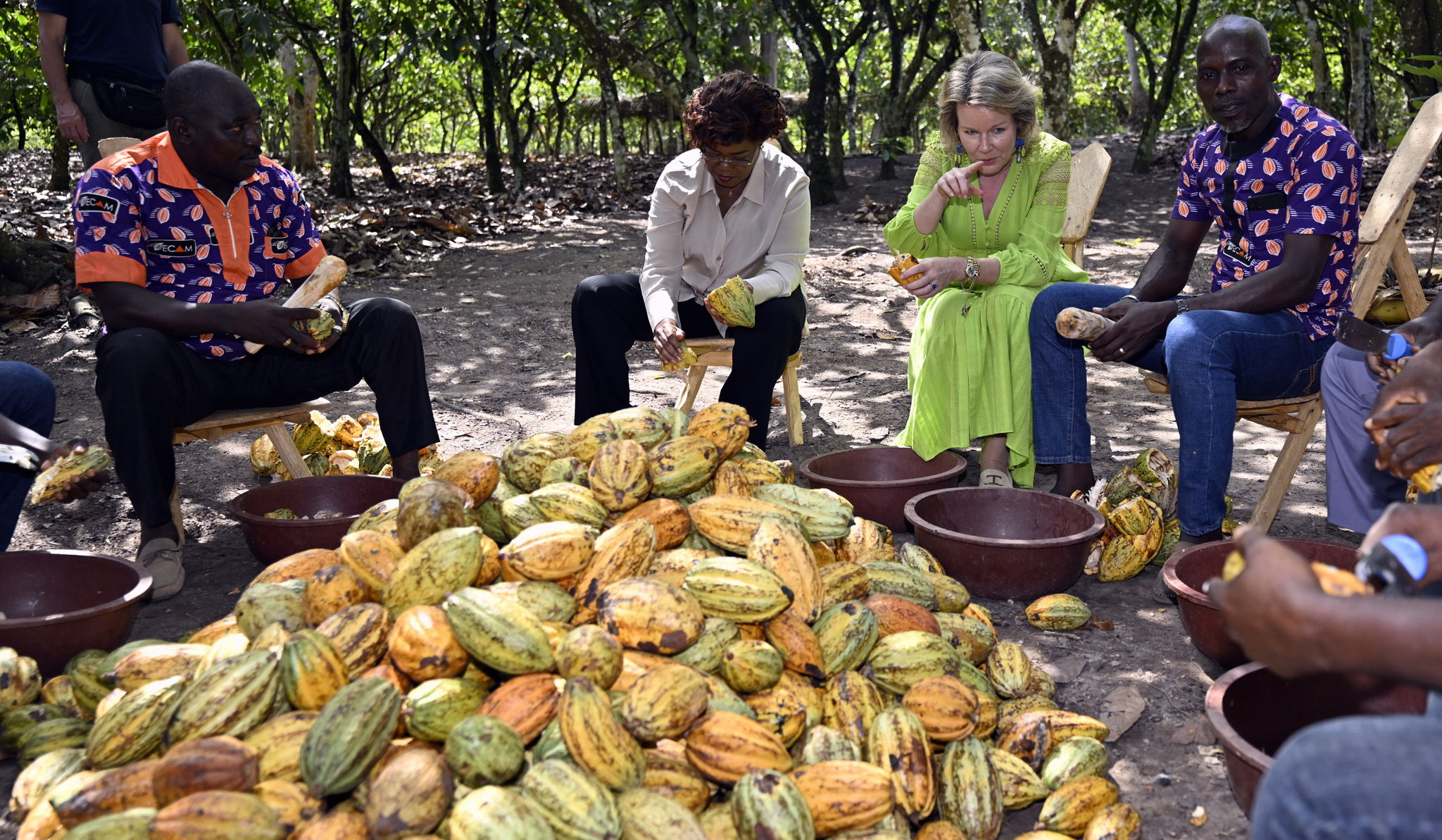Belgian chocolate industry should take the lead in cocoa sustainability

The Belgian chocolate sector should be at the forefront of cocoa sustainability, according to Chopabrisco, the federation representing Belgian chocolate producers. As one of the largest chocolate exporters in the world, Belgium will be one of the heavyweights at the World Cocoa Conference in Brussels.
With a production revenue of 7.7 billion euros, about 10 per cent of the food industry, the chocolate sector plays an important role in Belgium. The country exports 668,000 tonnes of chocolate every year, making it the world's second-largest exporter of chocolate after Germany. It relies heavily on imports of cocoa beans - the primary raw material for chocolate - from West Africa, especially Ghana and Côte d'Ivoire. As many as 300,000 tonnes of beans are imported every year.
These cocoa beans have been becoming more expensive over the past few months. At as much as 10.702 dollars a tonne, prices have hit record highs. Bad weather and diseases plaguing the plantations in West Africa, where most of the cocoa comes from, are behind the sharp rise.
At the same time, the sector is affected by a more structural problem. Money does not go to cocoa farmers. An average cocoa farmer does not even earn half the living wage a family needs to support itself, let alone enough to invest in their own cocoa farm.
The topic of the World Cocoa Conference in Brussels from 21 to 24 April, the biggest event in the sector with more than 1,000 actors, is sustainability and paying more for sustainable cocoa. Chopabrisco says Belgium, as such a major player, should play a leading role by guiding the rest of the world towards more sustainable chocolate production.
Queen Mathilde of Belgium visits a cocoa plantation in Meagui during a royal working visit to Côte d'Ivoire © BELGA PHOTO ERIC LALMAND
Related news

